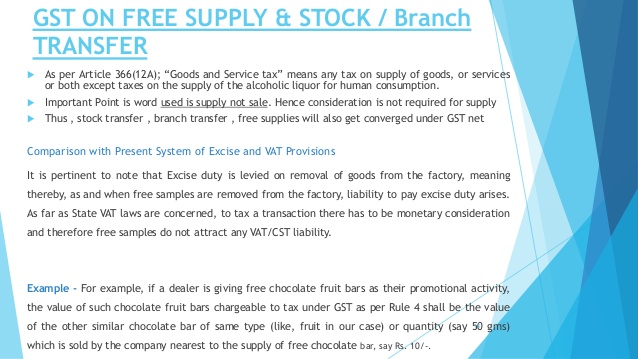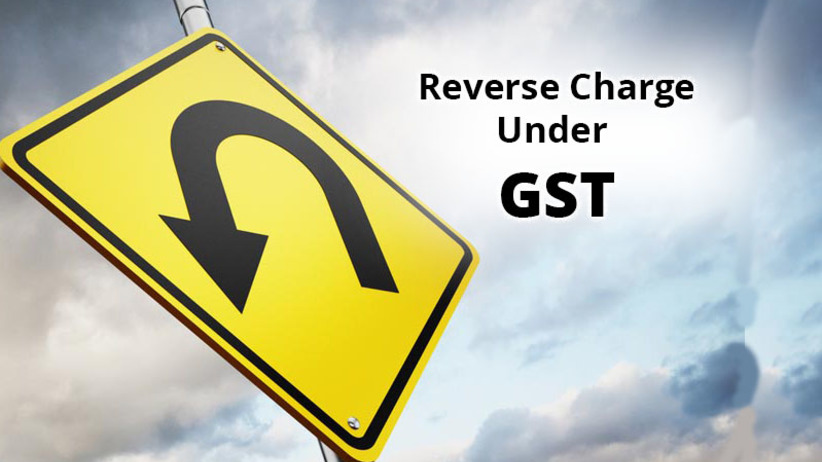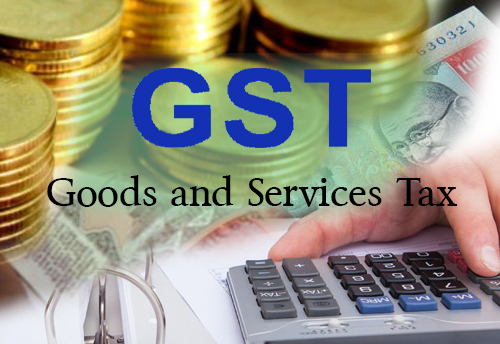GST will bring changes, are you ready? Know more

GST will bring changes and will be implemented in next fiscal year. It is expected to bring a high level of transparency in Indian taxation. GST will combine all present taxes like- VAT, entertainment tax, service tax etc. which will save India from tax corruption. There were a lot of assumption made that GST will bring changes. Many of you must be in the state of dilemma as what changes to expect from the GST.
As discussed previously the motive of GST Bill itself is to bring “changes”. But what exactly are those changes? Let’s have a look.

GST will bring changes and here is the list of changes:
All for one- GST
GST will bring changes which are like no other. It is a milestone in the history of Taxation in India. All different taxes like VAT, entertainment tax, service tax, CST etc. which used to buzz common man will be churned into one fluid- GST. Now you will have to pay one tax it means relief from all other taxes.
Black money will be go-went-gone:
What many political parties couldn’t do this historic bill will do. This bill has a strict regime which will keep an eye on every department. In fact GST has strong inbuilt mechanism to correlate every sales with purchase and vice versa and as a result, there will be more income in Government’s exchequer.
Transparency at its best:
If you were always bothered where all your taxes go, then GST is the answer to your question. GST is expected to bring a lot more transparency in taxation which will help people understand where does money go.
Changes in business and industry: GST will bring changes in business and industry which will help manufacturer and service providers grow. GST Bill allows them claiming input credit at each respective stage. Other changes include-
a) Fair competition: Reduction in transaction cost of doing business will lead to fair competition especially among industries in different states
b) Profit for manufacturers and exporters: GST Bill is designed to make the price of locally produced goods and services cheaper. This will boost the Indian exports and will highlight its presence in international market.
c) Fewer chances of cascading: GST will create a system with seamless tax-credit throughout the value chain and across the States. Such system will eventually remove the hidden cost of doing business. These operations will reduce cascading.
d) Easy compliance: With a resilient and detailed IT system there are very few chances that a problem may arise. All taxpayer services- from registration to returns etc. will be available online. Such system will make compliance transparent and easy.
IGST on imports: All other taxes like CVD and additional duty of excise are merged in GST. Hence GST will be levied on all the imports when they reach Indian territory.
Single application for new dealers:
Unlike the past, new dealers will have to fill an application for registration under the GST. The registration number will be PAN based. Dealers will get deemed approval in three days. Each dealer will get a unique ID GSTIN.
Also read: https://www.itrtoday.com/core-view-gst-goodbad-effects/
Note: If you opted for composition scheme you will have to file a return on a quarterly basis.
The Common Return will serve the purpose of both Centre and State government.
All taxes can be paid online. Similar is the case with returns. You can pay the taxes via any payment source like- internet banking, credit / debit card, NEFT/RTGS etc.
Under the electronic payment process, no generation of paper receipt at any stage is required.
To know what changes are required in the value chain and role of finance team in getting prepared for GST, read our next article


 Sales Tax For E-Commerce: 3 Things Small Businesses Should Know
Sales Tax For E-Commerce: 3 Things Small Businesses Should Know  What Is The GST Liability on Free Supply of Goods and Services?
What Is The GST Liability on Free Supply of Goods and Services?  Some FAQs about GST- Understanding Scope and Provisions of GST
Some FAQs about GST- Understanding Scope and Provisions of GST  Understanding the Reverse Charge mechanism under GST and IGST?
Understanding the Reverse Charge mechanism under GST and IGST?  Pros and Cons of GST- Is Ushering in of GST worth Celebrating as media wants us to believe?
Pros and Cons of GST- Is Ushering in of GST worth Celebrating as media wants us to believe?  Arrests and Detention Provisions under GST in Detail- Are these justified
Arrests and Detention Provisions under GST in Detail- Are these justified  ITAT Amritsar: No Section 269SS Violation for One-Time Cash Payment Before Sub-Registrar
ITAT Amritsar: No Section 269SS Violation for One-Time Cash Payment Before Sub-Registrar  Tax Officials Unleash Digital Dragnet: How New Raid Powers Redefine Privacy, Property Rights in India and likely to Fuel Corruption
Tax Officials Unleash Digital Dragnet: How New Raid Powers Redefine Privacy, Property Rights in India and likely to Fuel Corruption  Income Tax Department Rewards for Reporting Tax Evasion: A Comprehensive Guide
Income Tax Department Rewards for Reporting Tax Evasion: A Comprehensive Guide  Forfeiture of Gratuity by Employer- What are the Remedies for an employee- Can employer be challenged?
Forfeiture of Gratuity by Employer- What are the Remedies for an employee- Can employer be challenged?